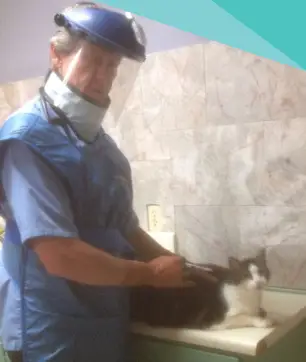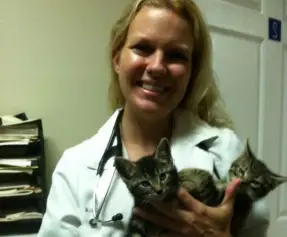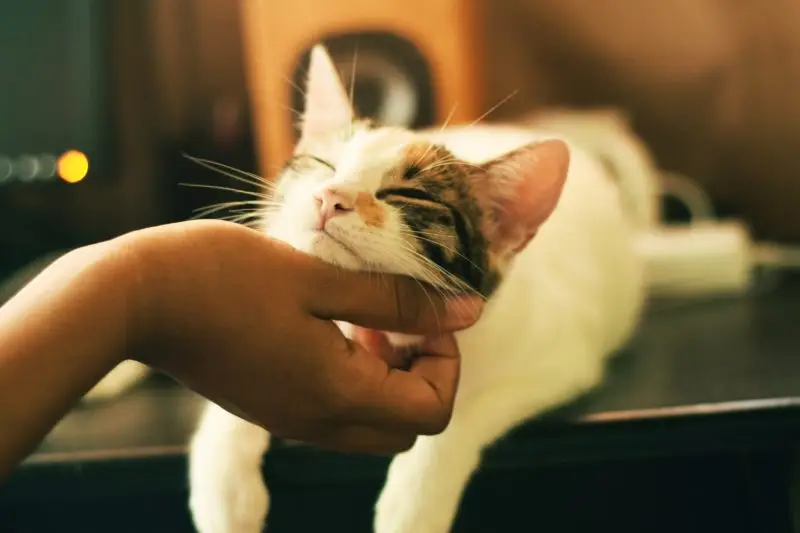Hyperthyroidism
Grayson Valley Pet Clinic is now licensed by the State of Alabama to administer Radioactive Iodine (I-131) injection for Feline Hyperthyroidism. Grayson Valley Pet Clinic is the only facility in the Birmingham/central Alabama area approved for this cutting edge therapy for your hyperthyroid cat.
Feline Hyperthyroidism is a condition caused by overactive thyroid tissue (tumor) which produces excessive thyroid hormones. This condition can cause symptoms which include weight loss, increased thirst and urination, vomiting, diarrhea, changes in behavior, hair loss, weakness and lethargy, rapid heart rate, heart mummer, and elevated blood pressure. If left untreated, it is most often fatal.
There are Several Methods of Treatment
- Medical treatment requires
treating your cat daily with pills (methimazolefTapazole )for the rest of your cat’s life. This method does not cure the disease and does not stop the continued growth of diseased tissue.The medication can have side effects of its own including liver dysfunction, anemia, vomiting and lethargy, and can become ineffective overtime. It also requires regular monitoring and blood tests. Cost of medical therapy can run in excess of $800.00 a year. - Surgery can remove the tumor responsible for the disease but has the risks of anesthesia and other negative results such as damage to the parathyroid glands responsible for calcium balance in the body and may result in a deficiency of thyroid hormone. Cost of this delicate surgery is generally high and may not be effective in removing all of the affected tissue.
- Radioactive Iodine (1-13 1) therapy is administered with one injection under the skin, much like your cat’s yearly vaccines. There is no anesthesia no harmful side effects and no damage to healthy tissue or organs. Normal thyroid function returns usually within 1 month. It is safe, cost effective, and successful (approximately 94%) and can be given to otherwise healthy cats of any age. Cost of 1-131 treatment at Grayson Valley Pet Clinic is $2000.00 and includes Radioactive Iodine injection, hospitalization, monitoring and radioactive waste removal, storage, and decay.




